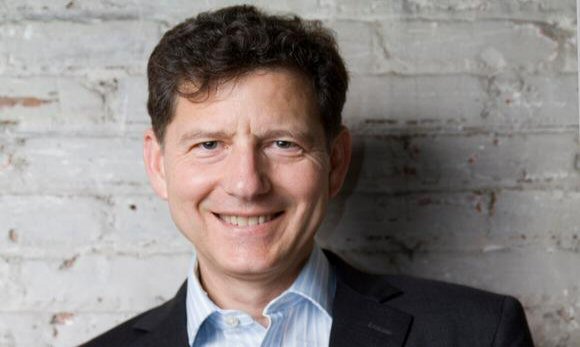Bad “Cold Fusion” Investment Contributes to Woodford Fund Collapse
June 7, 2019 — By Steven B. Krivit —
 The U.K.-based Woodford Patient Capital Trust PLC is collapsing, according to many news reports in the U.K. this week.
The U.K.-based Woodford Patient Capital Trust PLC is collapsing, according to many news reports in the U.K. this week.
One of the reasons cited is Woodford’s investment in a North Carolina company called Industrial Heat, which had established a license agreement with Italian white-collar criminal Andrea Rossi.
Rossi served time in prison twice and was convicted of financial fraud. In January 2011, he claimed to have developed a commercially viable “cold fusion” device.
In June 2011, I went to Italy to meet Rossi and investigate his device. I filmed Rossi giving a live demonstration and posted this video on the Internet on June 20, 2011:
Within two weeks, dozens of engineers and scientists who watched this video contacted New Energy Times because they had figured out Rossi’s tricks. We published their analyses (amounting to 200 pages) on July 30, 2011.
On Aug. 28, 2011, I wrote and published the following conclusion:
In a seven-month period, the Rossi group sought credibility for its claim of extraordinary levels of excess heat through scientific and academic validation. In seven public attempts, the group tried to demonstrate convincing experimental evidence for its claims.
In all attempts, the group failed. It has no experimental evidence on which to base its extraordinary energy claim. It never did. … There is good work in the LENR field, worthy of attention and funding. This is not it.

Thomas Darden
Nevertheless, in 2012, Thomas Darden, the chief executive officer and founder at Cherokee Investment Partners, formed Industrial Heat LLC and began negotiating with Rossi to license his “technology.” On Oct. 26, 2012, Industrial Heat and Rossi entered into a license agreement.
According to the agreement, if Rossi’s claims were validated, Industrial Heat was to pay Rossi $100 million. Industrial Heat paid Rossi $1.5 million just to execute the agreement.
Two due diligence validation tests were supposed to occur next. Darden allowed Rossi to conduct the first test, and Rossi told Darden that the test was a success. Per the agreement, Industrial Heat made the next payment to Rossi, in the amount of $10 million. Rossi quickly purchased about $10 million worth of commercial real estate properties in Miami Beach.
The second “due diligence” test — to run for a year — began sometime around February 2015. Around this time, before the second test was complete, Darden began inviting other investors to get on board, as Brian W. Chaiken, an attorney for Rossi later testified:
“Now, it’s around this time, February 2015, March 2015, Mr. Darden is going to testify that he suspected that something was wrong with [Rossi’s device] and that there was some funny business going on [with Rossi’s device] and that he knew it was happening right then and there. … Now, these suspicions didn’t stop him from bringing investors into the plant for purposes of seeing how the technology works, for purposes of talking to Dr. Rossi, for purposes of gaining more money.”
According to a court document, in May 2015, Industrial Heat sold 4 percent of its company for $50 million. According to another court document, Industrial Heat and Darden “were able to raise substantial sums of money from numerous investors including, but not limited to, approximately $50 million from the Woodford Funds (including Woodford Patient Capital Trust, PLC AND CF Woodford Equity Income Fund), predicated upon their claims that Industrial Heat and/or IPH had ‘acquired Rossi’s intellectual property.'”
In a Sept. 27, 2015, article in Fortune and in an Oct. 9, 2015, article in the Triangle Business Journal, Darden was actively promoting Rossi and his alleged technology.
The second “due diligence” test concluded around February 2016. This time, Rossi did not run the test, although one person associated with Rossi was involved. Nevertheless, the test failed and word began leaking out.
On March 8, New Energy Times sent a news inquiry to Darden. On March 10, 2016, Industrial Heat issued a statement indicating that it had terminated its relationship with Rossi.
On April 6, 2016, we reported that Rossi had sued Industrial Heat for breach of contract, claiming that Industrial Heat owed him the remaining $89 million and that Industrial Heat was trying to steal his “intellectual property.” Darden and Industrial Heat filed a countersuit against Rossi on Aug. 6, 2016. The case went to trial on June 28, 2017, and after four days, the parties settled out of court.

